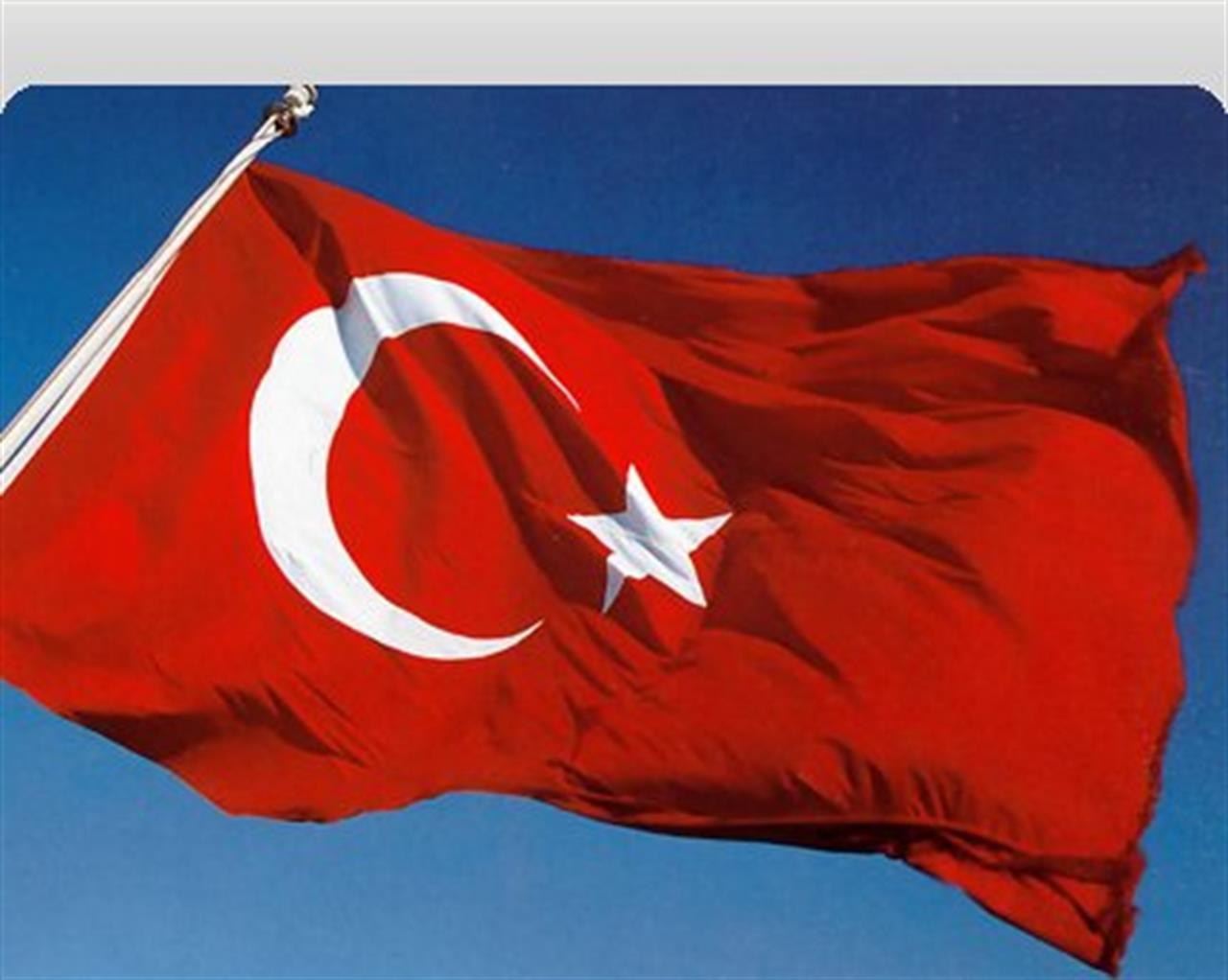Non profit
Ethics and the media
A new website highlights the importance of transparency in the Turkish media
di Staff

The media’s ethics are being called into question by a brand new Turkish website called Media Disclaimer Centre. The idea, which is the brainchild of a lawyer, Sekip Hardal, is to ensure that all corrections made to news pieces be published along side the original articles, online and visible to all members of the general public. This would not seem to be such a big deal, if it weren’t for Turkey’s somewhat foggy record as regards ethics and journalism.
Under Turkish law, anyone who believes that their personal rights have been violated by an article published in the press has the right to object in writing and the media outlet is obliged to publish the written objection within three days. Failure to do so gives the objector the right to take the guilty newspaper to court and obtain a court-ordered correction, which officially notes the objection and must by law be published in the same media outlet in which the offending piece originally appeared. Failure to do so can result in a fine up to 150 thousand Turkish liras (68 thousand euros).
According to Hardal, in 2010 official corrections were issued for 690 articles published in Turkish newspapers, but the website does more than simply publish the corrections. “We publish news stories that have been corrected or denied and prepare reports on how many court-ordered corrections or reader requests for corrections were sent to each newspaper, column writer or reporter,” explains Hardal.
A professor of communications at Istanbul’s Galatasaray University, Yasemin Inceoglu, explains that the idea of self-criticism is still a problematic issue in Turkey: “Self-criticism is still considered disclosing one’s weaknesses in Turkish society and the media suffers from this as well,” he said. “We need to improve a lot more in many issues such as respecting one’s private and personal rights, recognizing the thin line between news and interpretation, validating a news item from at least two sources, not spreading or disseminating racism and not making news solely because of a claim to defend national interests.”
Read original article in the Hurriyet Daily News
Vuoi accedere all'archivio di VITA?
Con un abbonamento annuale potrai sfogliare più di 50 numeri del nostro magazine, da gennaio 2020 ad oggi: ogni numero una storia sempre attuale. Oltre a tutti i contenuti extra come le newsletter tematiche, i podcast, le infografiche e gli approfondimenti.
